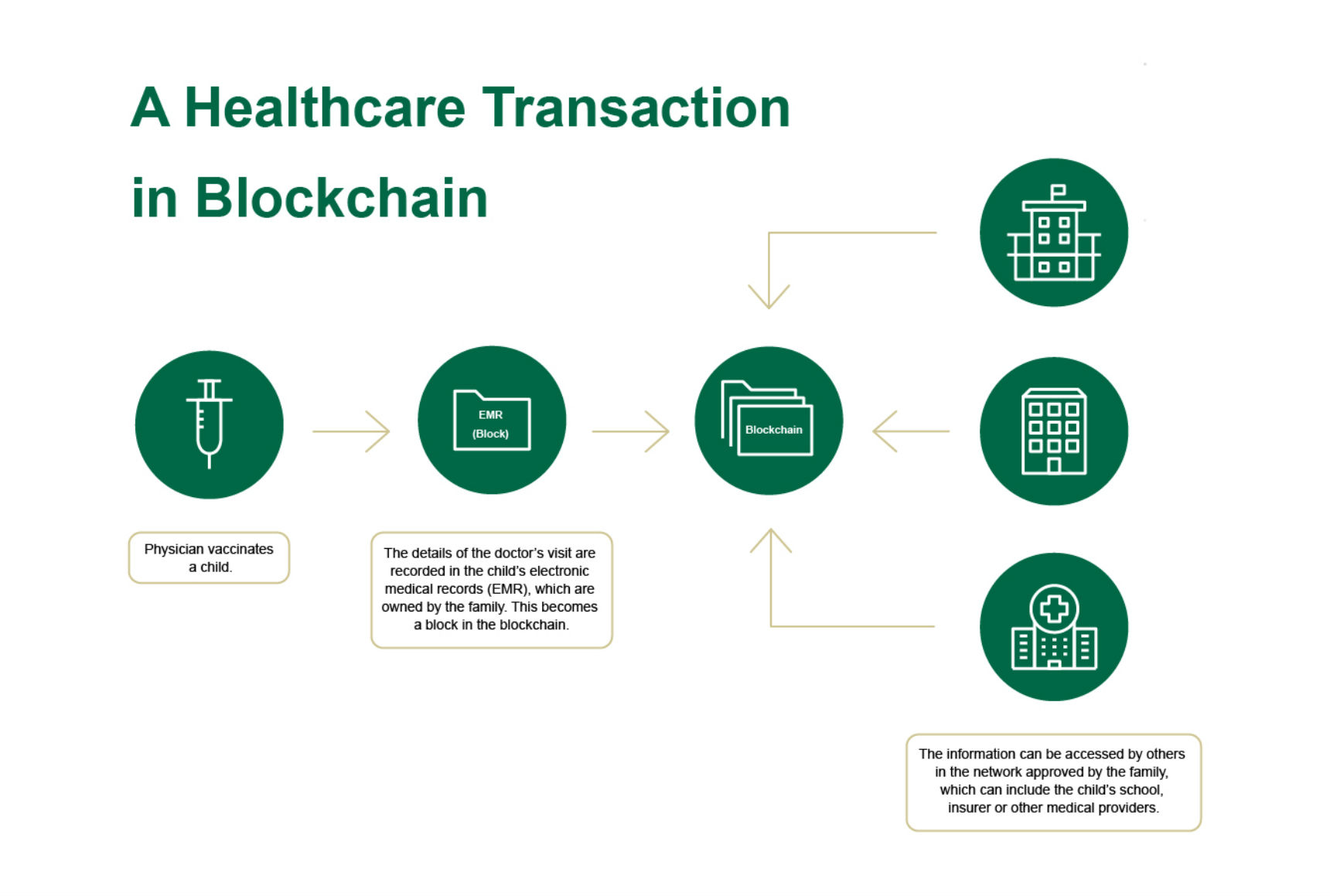The Role of Blockchain in Healthcare is a game-changing development that promises to transform the way patient data is managed and shared across the healthcare ecosystem. As healthcare continues to grapple with issues of data integrity, patient privacy, and interoperability, blockchain technology offers a decentralized solution that enhances transparency and security. This innovative approach not only streamlines processes but also empowers patients by giving them more control over their own health information.
By utilizing blockchain, healthcare providers can ensure that patient records are immutable and easily accessible to authorized users, reducing the risk of fraud and errors. Moreover, the potential for real-time data sharing can improve collaboration among healthcare professionals, leading to better patient outcomes and more efficient care delivery. With the increasing adoption of digital health solutions, understanding the role of blockchain is crucial in navigating the future of healthcare.
In today’s fast-paced world, where technology and information are at our fingertips, it’s essential to stay informed on various topics that shape our lives. This article aims to explore the significance of continuous learning and self-improvement. We live in a society that values knowledge, and the pursuit of learning is not just a personal endeavor but a collective necessity that fuels societal progress.The concept of lifelong learning has gained traction in recent years.
It’s not limited to formal education but extends to informal and self-directed learning as well. In the past, education was often viewed as a phase of life – something that took place predominantly in youth. However, as the landscape of work and society evolves, the need to adapt and acquire new skills has never been more crucial. One of the most significant changes driving this shift is the rapid advancement of technology.
Industries are continually evolving and, as a result, the skills required to thrive in the workforce are also changing. Jobs that once seemed stable can become obsolete almost overnight due to innovation. For instance, the rise of automation and artificial intelligence has transformed entire sectors, pushing many professionals to seek additional training and education. Moreover, the global economy is increasingly interconnected, which means that competition is not just local but global.
To remain competitive, individuals must not only possess a strong foundational knowledge but also be adaptable and willing to learn new skills. This requires a mindset shift from viewing learning as a task to embracing it as a lifelong journey. Self-improvement is closely intertwined with lifelong learning. It involves taking proactive steps to enhance one’s knowledge, skills, and competencies. This can be achieved through various means such as online courses, workshops, reading, and even engaging in discussions with peers.

The internet has democratized access to information, allowing anyone with a connection to explore a plethora of resources that can aid in personal and professional development. In the age of information overload, however, it’s crucial to discern quality resources from less credible ones. With countless platforms offering courses, webinars, and tutorials, individuals must be selective about where they invest their time and energy.
High-quality content can lead to meaningful growth and improvement, while subpar material can waste time and hinder progress.Networking also plays a pivotal role in both learning and self-improvement. Engaging with others in your field can expose you to new ideas and perspectives. Building relationships with mentors and peers not only provides support but also opens doors to opportunities that may not be available otherwise.
Collaborative learning environments foster innovation and creativity, making them invaluable for personal growth.Furthermore, the importance of setting goals in the learning process cannot be overstated. Goals provide direction and motivation, helping individuals stay focused on their path to self-improvement. By establishing clear, achievable objectives, you can create a roadmap to guide your learning journey. It’s also beneficial to periodically review and adjust these goals as you progress, ensuring that they remain relevant and aligned with your aspirations.Another aspect to consider in the pursuit of knowledge is the balance between professional and personal development.
While career advancement is often a primary motivator for learning, personal growth is equally important. Hobbies, interests, and passions can provide a refreshing break from professional pursuits while still contributing to overall self-improvement. Engaging in creative activities, volunteering, or learning a musical instrument can foster a sense of fulfillment and balance in life.In addition to personal and professional growth, the ability to learn new skills has a profound impact on one’s mental health and well-being.
Engaging in stimulating activities and acquiring new knowledge can lead to increased confidence and a sense of accomplishment. Doing so can also help combat feelings of stagnation or burnout, as the excitement of learning something new can reignite passion in both personal and professional arenas.In summary, the importance of continuous learning and self-improvement cannot be overstated. As we navigate a world marked by rapid change and uncertainty, embracing a mindset of lifelong learning is essential.
It allows individuals to adapt, grow, and thrive in an ever-evolving landscape. By investing in ourselves through education, networking, and the pursuit of personal interests, we can not only enhance our own lives but contribute positively to society as well. So, whether you’re considering taking an online course, picking up a new hobby, or simply reading a book on a subject that piques your interest, remember that the journey of learning is far from over.
It’s just beginning, and the opportunities are endless. Embrace the excitement, and let your quest for knowledge guide you to a more fulfilling and enriched life.



